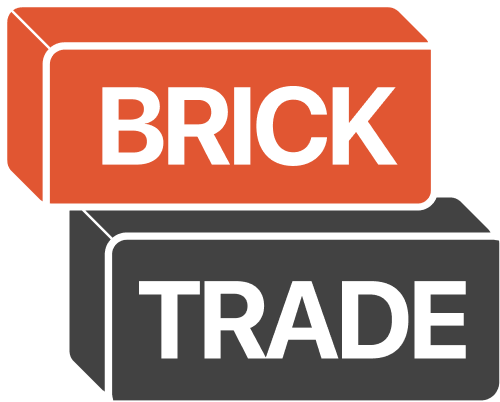The Security of Tokenization: Proof of Ownership in the Digital Age
In today's rapidly evolving digital landscape, the way we perceive and manage ownership is undergoing a fundamental transformation. Real estate, traditionally bound by paper deeds and physical records, is entering a new era of digitalization through tokenization. This innovative approach not only simplifies ownership transfer but also significantly enhances security, offering a reliable proof of ownership that aligns with the demands of the digital age.
The Foundation of Tokenization
At its core, tokenization involves converting the ownership rights of real estate into digital tokens on the blockchain. These tokens represent a fractional share of the underlying asset, enabling investors to buy, sell, or trade portions of property assets with unprecedented ease and efficiency. But beyond its practical benefits, tokenization introduces a level of security and transparency previously unattainable in traditional real estate transactions.
Enhancing Security with Blockchain
Blockchain technology, the backbone of tokenization, offers a decentralized and immutable ledger of transactions. Each token's history — from its creation to its current ownership — is securely recorded on the blockchain. This not only provides irrefutable proof of ownership but also ensures that all transactions are transparent and tamper-proof. The blockchain's encryption protocols safeguard against unauthorized access, making real estate transactions more secure than ever before.
Streamlining Ownership and Transactions
Tokenization dismantles the barriers of traditional real estate investment by eliminating intermediaries, reducing transaction times, and lowering costs. The digital nature of tokens allows for instant transfers of ownership, subject to the immutable rules encoded in smart contracts on the blockchain. This efficiency is a stark contrast to the prolonged processes involved in traditional real estate transactions, which can be bogged down by legal checks, paperwork, and intermediaries.
The Future of Real Estate Transactions
The adoption of tokenization in real estate heralds a significant shift towards more democratic and accessible investment opportunities. By providing a secure and straightforward proof of ownership, tokenization is making real estate investment a viable option for a broader audience. Investors can now participate in markets and projects that were once out of reach, supported by the confidence that their assets are protected by the most advanced security measures available today.
Conclusion
The security of tokenization and its role in proving ownership is a testament to the power of blockchain technology in transforming real estate. As we embrace this digital age, tokenization not only promises to democratize investment opportunities but also to redefine the standards of security and efficiency in real estate transactions. The future of property ownership and investment is here, built on the secure, transparent, and inclusive foundation of tokenization.
